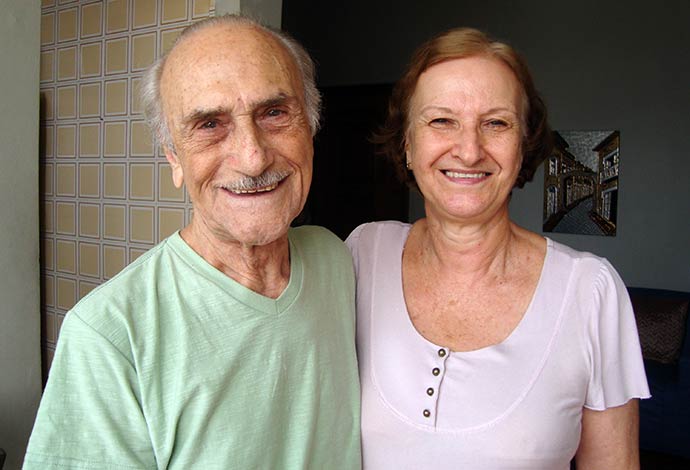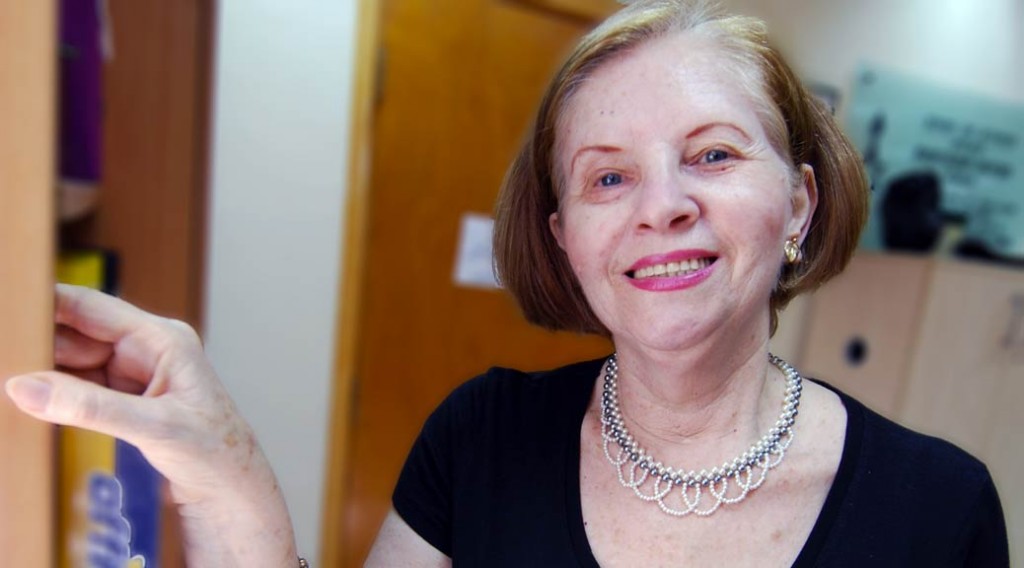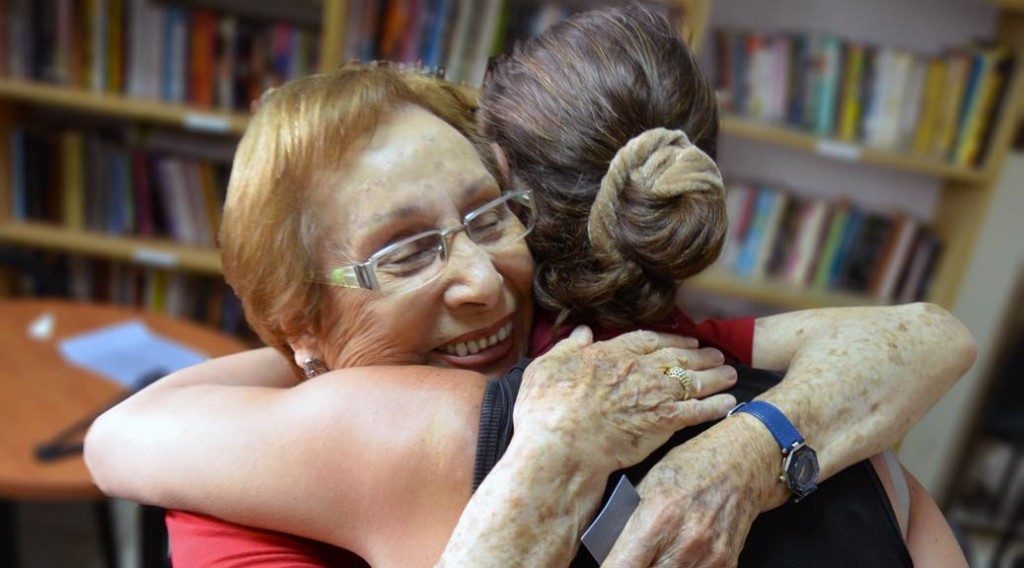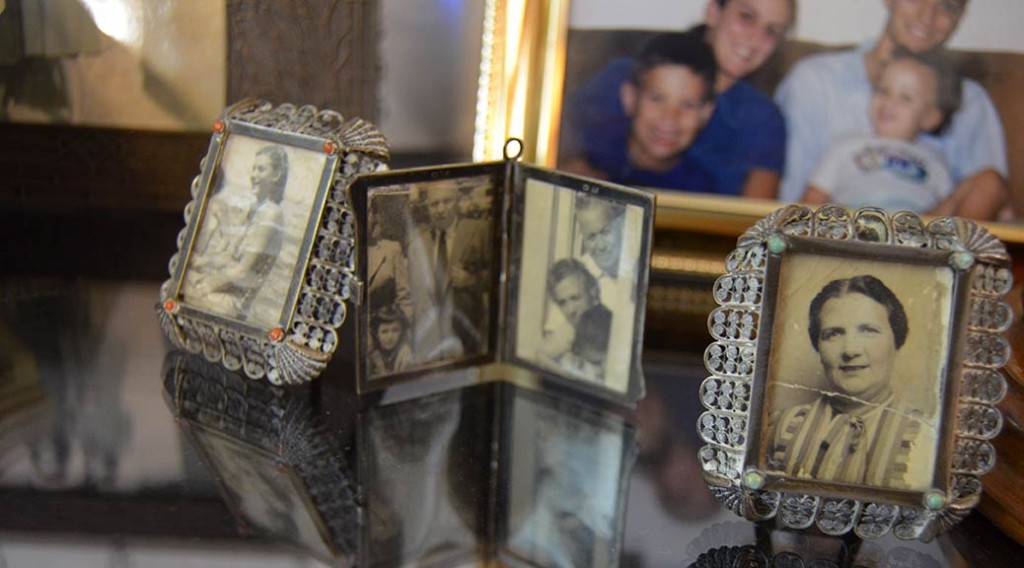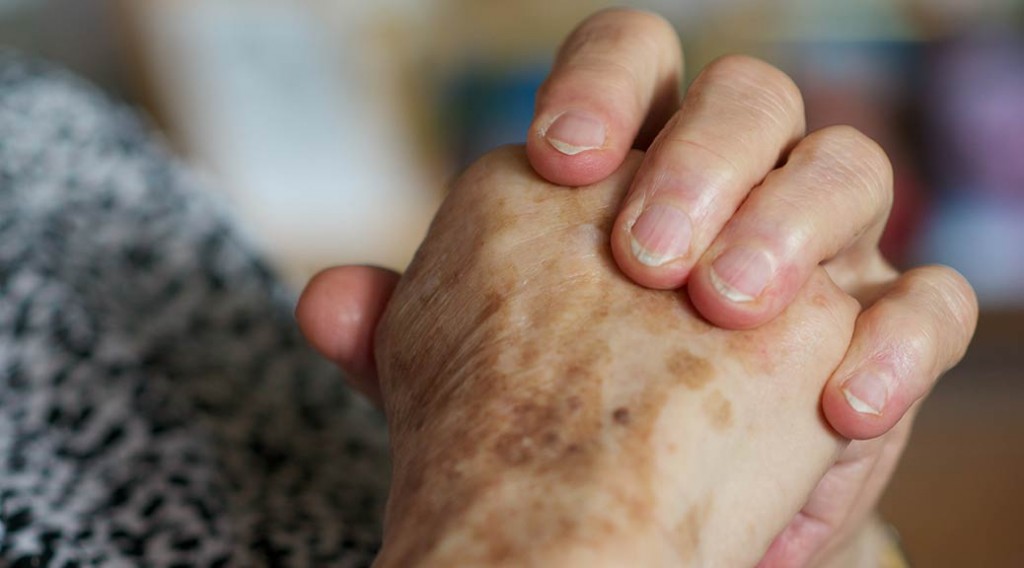Exploring Holocaust Survivors’ Successful Coping and Adaption By Michelle Fishman “That which does not kill us makes us stronger.” ―Friedrich Nietzsche On May 8, 1945, Germany faced its unconditional surrender to Allied forces. With that, the near annihilation of European Jewry, which future generations would come to know as the Holocaust, drew to an end. The…
Category: Issue 4, Spring 2014
By Dr. Robert Krell Adult survivors of the Holocaust, age 17 years or older at the time of liberation, experience postwar life differently from those who were under age 16. The older survivors had more Jewish education, memories of family and tradition, lived near and married other survivors and found jobs. The child survivors not…
by Naomi Shacham, MSW “And I was hungry For food And for love I was hungry To feel what it is like to belong to someone I was hungry” (Wilhelmina, 2004) The poem above, written by an aging Holocaust Survivor, reflects the multi-faceted nature of the role of coordinator of services for hospitalized Holocaust survivors…
By Eli Somer*1 and Moshe Nizri1 Many researchers assume that the continuing influences of the Holocaust on its survivors are long-term, and hypothesize that its stamp is also present in the lives of the second and third generations of Holocaust survivors (e.g., Shmotkin et al., 2011). This assumption notwithstanding, controlled studies have found that second-generation…
When providing services to Holocaust survivors, it is important that we are particularly mindful of our words and actions, especially because we may be the last generation of caregivers and clinicians who have the honor, as well as the moral obligation, of delivering compassionate health services to survivors. Caring for Holocaust survivors at end of life is rewarding when it leads to a peaceful passage at the end of the natural life span of our patients, an experience denied to those who were murdered during the horrific years of the Nazi regime.

